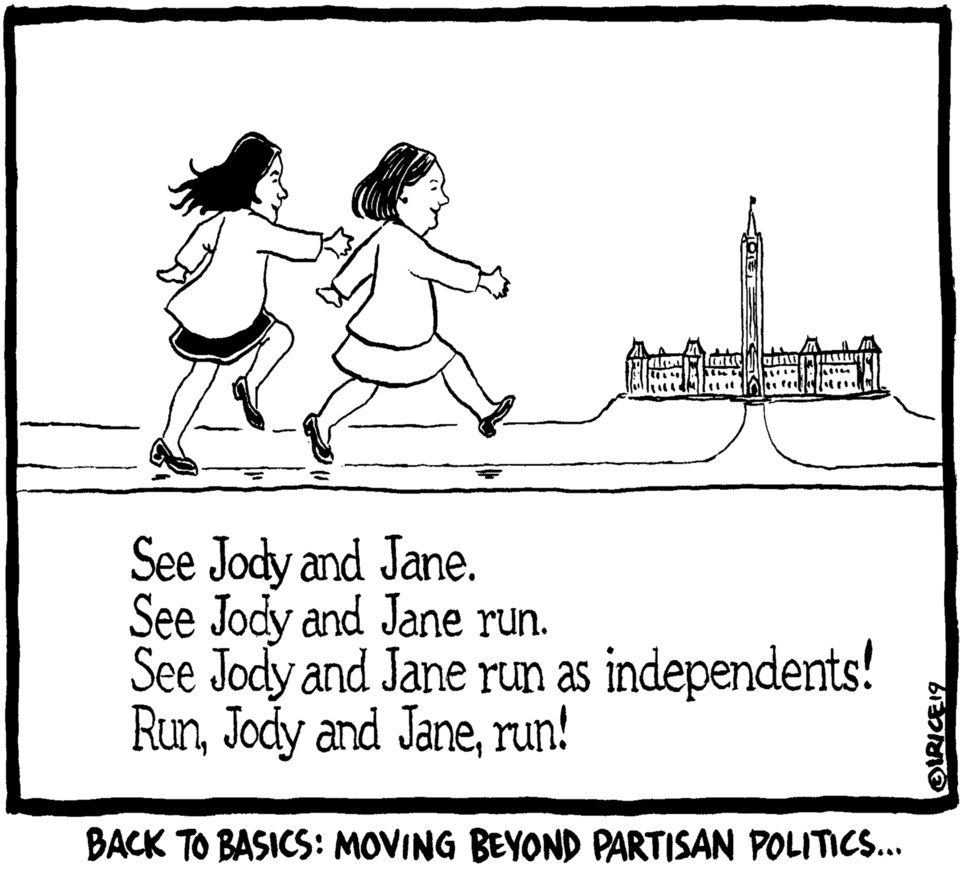Seven and a half decades have passed, yet images of D-Day and in particular Juno Beach resonates with many of us as if the event were one at least in our own lifetime.
And, well it should be that the great sacrifices made starting June 6, 1944, never be forgotten.
Juno Beach was one of five beaches of the Allied invasion of German-occupied France in the Normandy landings during the Second World War.
The beach spanned from Courseulles, a village just east of the British beach Gold, to Saint-Aubin-sur-Mer, and just west of the British beach Sword. Taking Juno was the responsibility of the Canadian Army, naval support provided by the Royal Canadian Navy and other Allied navy forces.
The objectives of the 3rd Canadian Infantry Division on D-Day were to cut the Caen-Bayeux road, seize the Carpiquet airport west of Caen, and form a link between the two British beaches on either flank.
The beach was defended by two battalions of the German 716th Infantry Division, with elements of the 21st Panzer Division held in reserve near Caen.
It was a Herculean task that was the first step in reclaiming Europe from the German forces, and ultimately putting an end to the Adolph Hitler led Nazi forces.
That first step was not easy, landing on an open beach against the entrenched German forces.
The 3rd Canadian Infantry Division suffered 340 men killed, 574 wounded and 47 taken prisoner, reports Wikipedia. The Queen’s Own Rifles suffered 143 casualties the most of any battalion, the Royal Winnipegs 128, the North Shore 125 and the Regina Rifles 108.
Of the landing craft used on the run-in to Juno, 90 of 306 were lost or damaged.
But, what was in part a great gamble made successful on the willpower of Allied soldiers, worked. The Allies had created a beach head by the time the opening days on Normandy were complete, and from there the push to Berlin was able to begin in earnest.
It might be a very different world today had the Allies been rebuffed at Normandy.
The freedoms we enjoy today, of religion, or speech, of equality, might not exist today had D-Day failed. It is why we must be diligent to maintain those freedoms today.
Tomorrow marks the 75th anniversary of perhaps the greatest battle for democracy ever fought. Few veterans of the battle remain, so it is up to those who have followed to remember – always!
It is why the parade tomorrow to the cemetery in Yorkton to spread ashes of Remembrance Day wreaths upon the graves of our veterans is important to be part of.
It is why scribes write humble words at this time to encourage remembrance.
It is simply something we owe to those who did not make it across the beach, who did not come home, who gave their lives for our future 75-years later.




